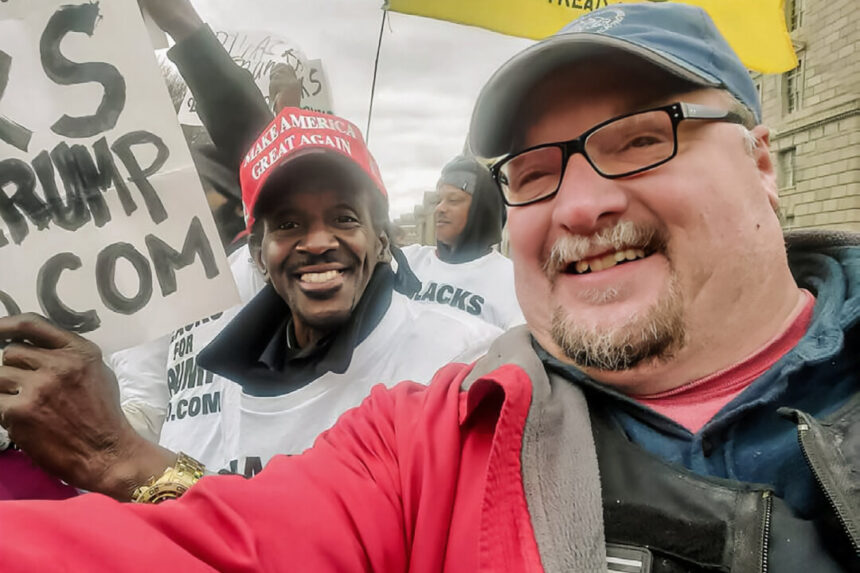The recent Supreme Court ruling will make it more challenging to prosecute individuals involved in the U.S. Capitol security breach, leading to some charges being dropped. The ruling specifically impacts cases related to the breach on January 6, 2021, and defendants who have not yet been convicted or exhausted their appeals may benefit from this decision. This ruling is expected to affect ongoing cases, including the obstruction-of-an-official-proceeding case against former President Donald Trump. The ruling clarifies that a Sarbanes-Oxley Act provision used in these cases does not apply, making it difficult for the federal government to continue prosecuting individuals based on this charge. The decision has already prompted action from federal judges, directing further proceedings in affected cases. Attorney General Merrick Garland downplayed the ruling’s impact but vowed to comply with it. Overall, the ruling will have significant implications for cases related to the Capitol breach and may result in charges being dropped for some defendants. Green stated that individuals will need to turn to habeas corpus petitions. Habeas corpus, which means “bring the body” in Latin, is a legal process used to review the legality of detaining a person who is already in prison or custody. Green mentioned that achieving success through habeas petitions can be challenging due to their unpredictability and complexity, particularly in cases involving statutory interpretation.
He expressed doubt that the Supreme Court ruling would lead to widespread reversals of convictions and sentences for January 6 defendants, as the outcome will depend on the habeas proceedings. Despite the ruling, the defendant Mr. Fischer still faces other federal charges such as assaulting a federal officer and engaging in disorderly conduct at the U.S. Capitol.
Criminal defense attorney David Gelman explained that the obstruction charge may be dropped for defendants with pending charges. He suggested that prosecutors could amend indictments or charge defendants with different offenses. Gelman emphasized the importance of presenting strong legal arguments for individuals who were convicted, potentially leading to retrials or plea agreements.
For those currently in custody, Gelman speculated that they could be re-sentenced to time served. He noted that courts may revisit cases in light of the Fischer ruling, considering it a due process violation and an illegal sentence for individuals charged with unlawful counts.
Overall, Gelman anticipated that many defendants would seek plea agreements or retrials based on the Supreme Court ruling, emphasizing the need for strong legal arguments in defense of their cases.
Source link





